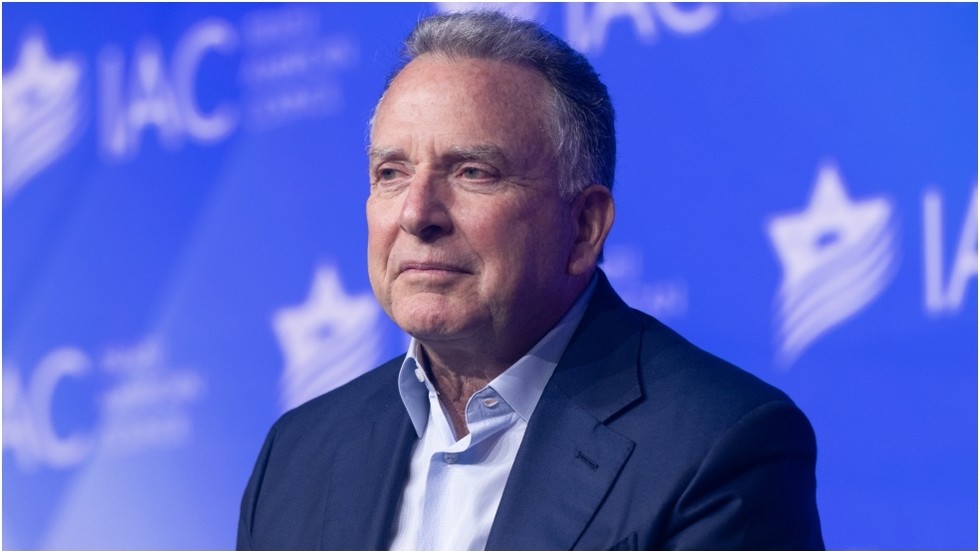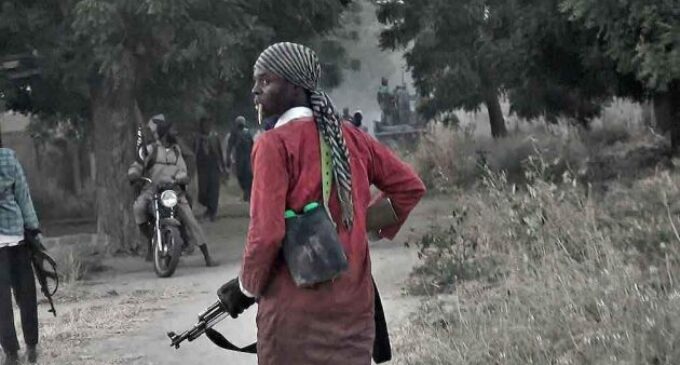Muhammad Babandede, the former Controller-General of the Nigerian Immigration Service, has stated that illegal migration and trafficking have been on the rise in Nigeria due to the absence of laws to stop people from leaving the country. Speaking at a national learning, experience sharing, and policy brief dissemination in Abuja, Babandede noted that good governance is a major issue in curbing the trend and suggested that the needful could be done if there are committed leaders who will work towards the betterment of the people.
While emphasising the importance of law enforcement agencies, civil society organisations, and the media working together to combat these crimes, he inferred that Nigeria does not have any law to restrict the movement of citizens out of the country. In contrast, some countries have exit visas, which require citizens to get a visa before leaving the country, indicating that anyone with a visa is allowed to leave Nigeria by any border officer or law enforcement officer.
According to Josiah Emerole, the Director of Intelligence and Public Enlightenment at the National Agency for the Prohibition of Trafficking in Persons, over 32 people had been convicted of various crimes related to human trafficking between January and May 2023, further highlighting that efforts must be channelled into curtailing illegal migration and human trafficking. Emerole also noted that criminal elements are taking advantage of Nigerians’ desperation to move out of the country, resulting in increased illegal migration of citizens.
Prof. Joy Ngozi Ezeilo, the Executive Director of Women Aid Collective, WACOL, expressed concern about Nigeria being one of the countries that are hugely affected as both a transit and destination for human trafficking. She claimed that the country is not doing enough towards prevention, as poverty, unemployment, security issues, inequalities, exclusion, conflict, and corruption continue to fuel and exacerbate human trafficking. In her words, “One out of every four Africans trafficked is Nigerian, and this gives Nigeria a bad name around the world.”
Christian Brugger, the Migration Adviser of Swiss Federal Department Foreign Affairs Peace and Human Rights Division, stressed the significance of community-level engagement in the fight against human trafficking. Brugger further emphasised that traditional and religious leaders must take the lead in protecting their community members, who look up to them as role models.
It is imperative to curb illegal migration and human trafficking in the country as these crimes pose severe challenges to the country’s development. Therefore, all relevant authorities should work towards enforcing regulations that can help curb the trend.



